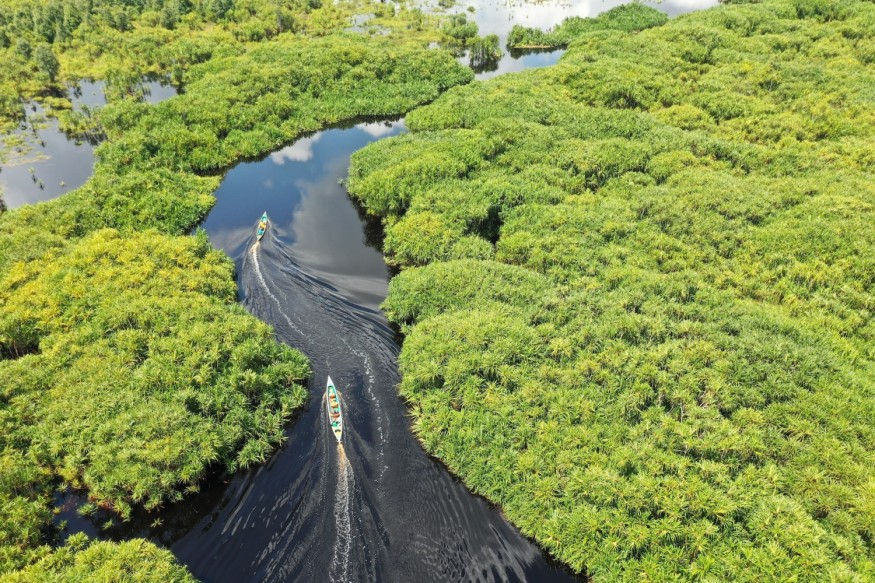Ecosystems consist of both living organisms and the environment which they live and interact with. Both in theory and reality, an ecosystem is considered by scientists as self-sustaining, even without the interference of humans, non-native species, and even natural disasters.
However, studies in previous years show that climate change, extreme weather, and climatic events can impact these natural habitats.
In terms of the relationship between the biosphere and humans, a recent study led by scientists in the United States found that climate change will diminish the benefits provided by terrestrial ecosystems to us by the end of the 21st century.
Its researchers project the current climate crisis will alter the distribution of ecosystems worldwide and even change the flow of these benefits, including the generation of market goods and food resources.
Terrestrial Ecosystem Benefits

The study entitled Unequal climate impacts on global values of natural capital published in the journal Nature on Monday, December 18, shows that climate change is expected to decrease terrestrial ecosystem benefits by 9.2% in the year 2100.
In addition, benefits that are not directly related to market activity are also affected as well.
The specific repercussions of ecosystem changes for human welfare also remain unclear, since our well-being is dependent on the nature of these environmental changes, according to the scientific paper.
To arrive at their findings, researchers involved in the Nature study used a country-level approach in the context of climate change-driven alterations in economic production and the value of non-market ecosystem benefits when terrestrial vegetation is affected.
Climate Impacts to Ecosystems
It is evident that the damage or destruction of natural habitats can also impact humans. However, long-term, quantitative data of this impact seemingly remains inconclusive.
To address this concern, the research team focused on the environmental repercussions of climate change to terrestrial or land ecosystems.
Nevertheless, the study's authors suggest that incorporating marine ecosystems under the same approach used in the research could provide a fuller perspective on climate change impacts on the benefits of nature to humanity.
Furthermore, the authors mention that their paper is the first study to implement the latest model of economic growth and its relation with global habitats and biodiversity under the Dasgupta Review.
Natural Capital
There are limited and unlimited natural resources on Earth and at our disposal.
Regardless, these resources found in ecosystems in general provide us, with what scientists call natural capital. This characteristic of a self-sustaining ecosystem is attributed to the natural flow of nature, including the food chain and nutrient cycle.
Now, the ecosystem benefit in the form of natural capital to humans can be decreased or lost in some parts of the world should the current state of climate change continue, which the study implies.
According to the U.S. Environmental Protection Agency (EPA), climate change affects ecosystems in various ways, including influencing how plants grow and animals behave.
© 2026 NatureWorldNews.com All rights reserved. Do not reproduce without permission.





